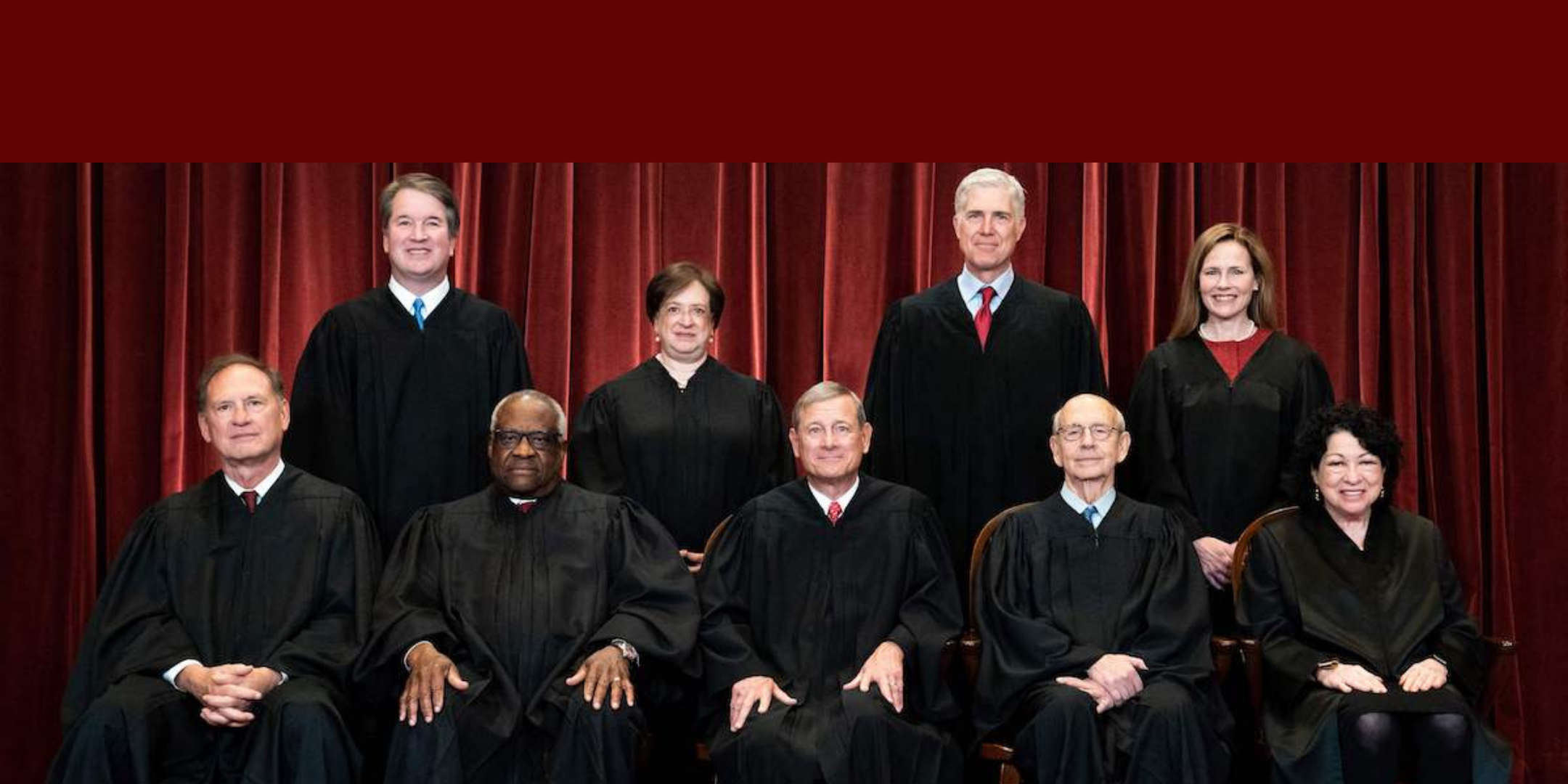
PRACTITIONER BLOG
Read our analyses of developments in Impact Litigation and stay current on class action law

Ninth Circuit Finds That Discrimination Is A Concrete Injury For Purposes Of Article III Standing
The last few years have brought more and more standing-based challenges to our clients’ ability to have their day in court, with some success – look no further than TransUnion v. Ramirez, for example. Fortunately, the Ninth Circuit just rejected an attempt to insulate a bank from liability for admitted citizenship discrimination on standing grounds. Chattopadhyay v. BBVA is a class action alleging that BBVA (Banco Bilbao Vizcaya Argentaria) discriminates on the basis of citizenship status in violation of 42 U.S.C. 1981 and California’s Unruh Civil Rights Act.

SCOTUS Rules on TransUnion v. Ramirez Class Action: "We Decide If It’s a Federal Case, Not Congress."
On the one hand, the outcome is hardly surprising. The conservative majority has once again limited access to the federal courts for consumers to challenge corporate malfeasance, erecting ever higher threshold procedural hurdles. On the other hand, the decision holds some interesting surprises, including a full-throated defense of the rights of the injured consumers by the dissenting Justice Thomas, joined by Justices Breyer, Kagan, and Sotomayor. The decision is well worth a close read.

Uninjured Class Members - How Many Is Too Many? Ninth Circuit Weighs In On Class Action Article III Standing
So how exactly does Article III work in a class action? It is generally understood that, at the outset of a class action, Article III standing is determined based on the claims of the named plaintiffs. At the tail end, if the case goes to judgment, unnamed class members must prove an Article III injury in order to receive damages. But what about in the middle of the case? What about at class certification?
